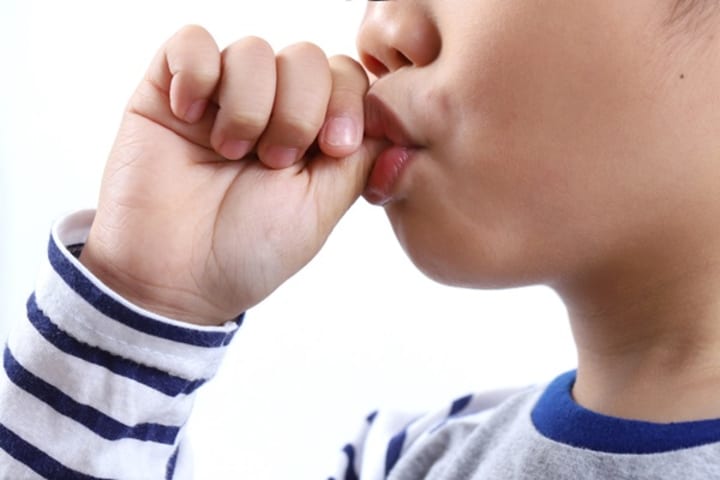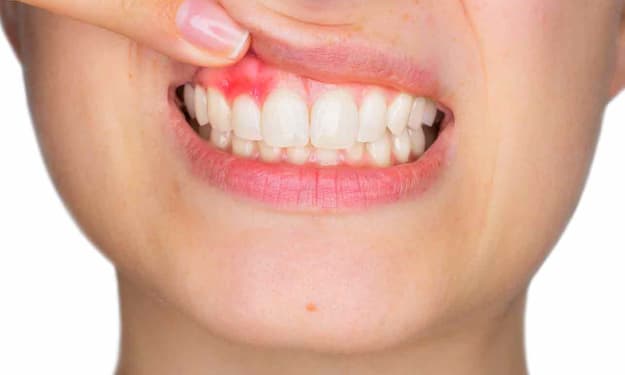Children's Teeth and Thumb Sucking
Taking care of your baby's teeth

Babies' thumb sucking is a normal reflex. Thumb sucking is a common coping mechanism during the newborn stage and early development because it is calming and provides warmth. Even with these implications, thumb sucking on the other hand, can cause dental problems once the permanent teeth come in. Problems with proper mouth development, alignment of the teeth, and adjustments to the roof of the mouth may all occur. Baby teeth issues may occur as a result of aggressive sucking.
Between the ages of two and four, most children avoid sucking their thumbs. It may be necessary to interfere if your child does not quit thumb sucking by the time the permanent front teeth are able to erupt by the age of four based on studies by the American Dental Association. The following are some techniques that may be very useful.
Thumb Sucking Prevention Techniques
- By working together to come up with a plan to stop thumb sucking, you can communicate and include your kid freely expressing him/herself.
- Encourage through praises. Your child will benefit from your praise. Suggest using reward charts that can be a great tool to monitor progress.
- Concentrate on the source of your child's distress and console them while they will normally suck their thumb.
- Keep in mind that feedback rather than constructive reinforcement normally exacerbates the issue by increasing fear. Talk to them calmly and patiently.
- Purchase goods that will help you from sucking your thumb. These are usually to be placed on the thumb or fingers.
- Visit your child's dentist, who will help both of you along the way by educating and encouraging you.
- Often consult your child's dentist if you find any improvements in their baby teeth or are worried about their thumb sucking.

Baby teeth are often misunderstood to be less essential than permanent teeth. Yes, baby teeth are just temporary, but they are just as essential as permanent teeth. In reality, tooth decay in baby teeth can lead to oral problems as adult teeth emerge. The American Dental Association and the American Academy of Pediatric Dentistry recommend that your baby's first dental appointment takes place when the first tooth appears in the mouth, which usually takes place between 6 months and 1 year of age. More information on how to take your child to their first dentist appointment can be found once the dentist sees them.
As a reminder, one of the simplest ways to avoid tooth decay is to never let your child sleep with a bottle or sippy cup in his or her mouth. Baby bottle tooth decay is caused by exposing a baby's teeth to sugary beverages such as milk, formula, or juice on a regular and long basis. Enable a balanced diet and good nutrition as your child grows older to maintain safe gums, limit soft drinks and sugary juices, and develop a good oral care routine early on. With this practice, the children will be able to bring them into healthy habits as they grow and mature.





Comments
There are no comments for this story
Be the first to respond and start the conversation.